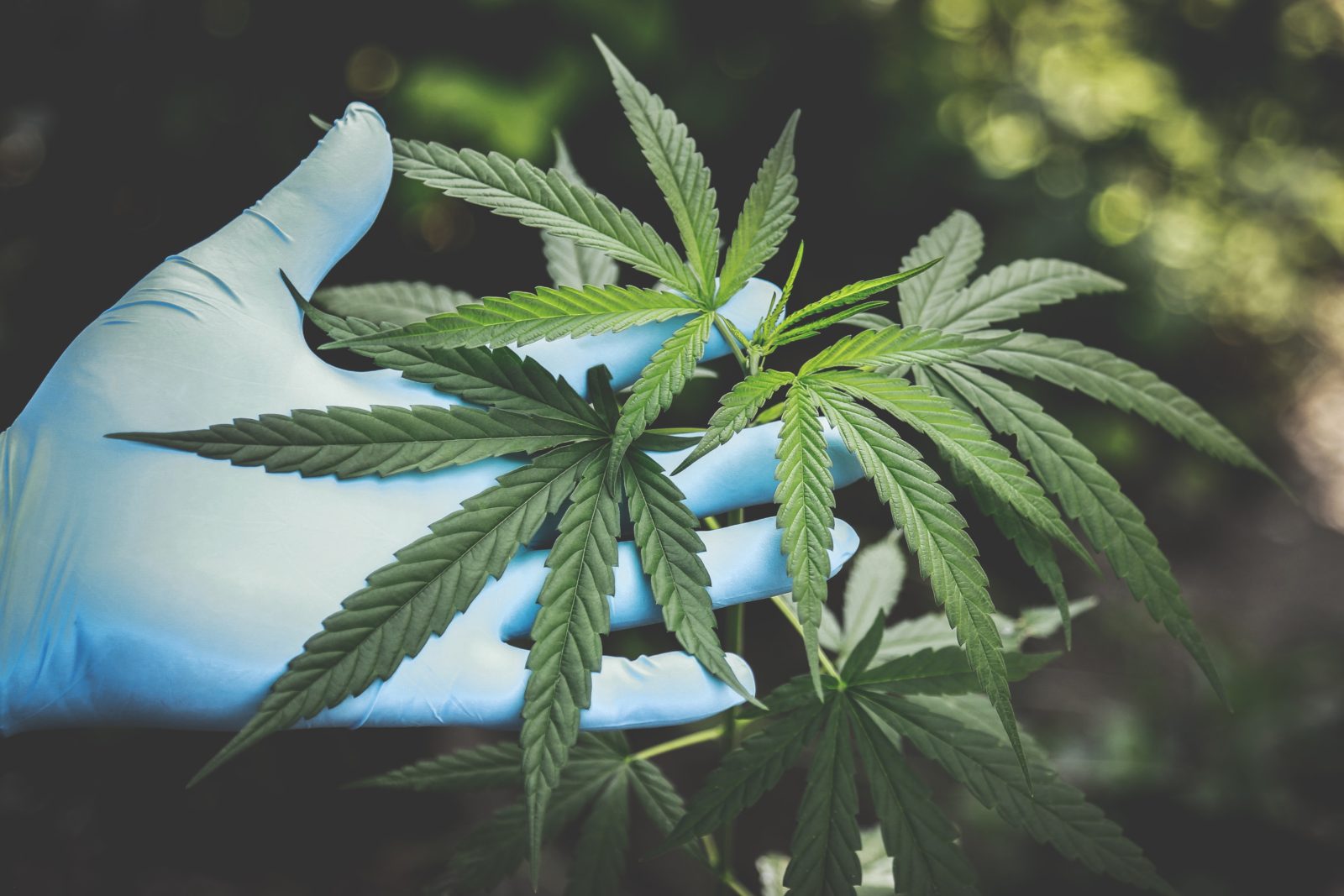The State Agricultural and Food Inspection (SZPI) in the Czech Republic is preparing to ban the sale of products containing cannabidiol (CBD) and other hemp-derived substances. According to a press release from the Ministry of Agriculture, these products, which are sold in the Czech market as oils, candies, tinctures, and even bonbons, are considered “novel foods” under EU regulations because they were not consumed in significant amounts in member states before May 1997. The European Food Safety Authority (EFSA) must confirm their safety before they can be sold.
The ministry did not disclose when the ban would take effect, but companies will not be allowed to sell their remaining stock once it is issued. The minister of agriculture, Zdeněk Nekula, stated that companies must verify whether their products are “novel foods” under European legislation before putting them on the market. He added that the ban would affect some food business operators, although many had already fulfilled the obligation.
CBD is one of the cannabinoids found in hemp plants and is closely related to tetrahydrocannabinol (THC), the primary psychoactive compound in hemp. According to the ministry, the EFSA has identified several areas that need to be examined, such as the effects of CBD on the liver, nervous system, and psychological functions. The European Commission considers CBD a food rather than a narcotic substance, as it is not classified as a psychoactive substance.
The Commission has received over 190 requests for permission to use CBD and hemp extracts, with the EFSA currently evaluating 20. However, the EFSA has identified several potential risks associated with CBD in its statement from June 2022. It has stated that it needs more data on the possible health effects before confirming its safety. The ministry believes CBD should not be banned altogether but rather subject to proper regulation and assessment to ensure its consumer safety.
The move to ban CBD products has sparked concern among the industry and consumer groups in the Czech Republic. The Czech Association of Hemp Growers and Processors has called the decision “short-sighted,” arguing that it could harm the local hemp industry, which has been thriving in recent years.
Additionally, some consumers have expressed disappointment that they can no longer purchase CBD products for their health and wellness needs. Overall, the debate over regulating CBD and other hemp-derived products continues, with different countries adopting varying approaches to their legalization and sale.





